Supporting Social and Emotional Learning for Students with Disabilities: Are Universal Interventions Effective?
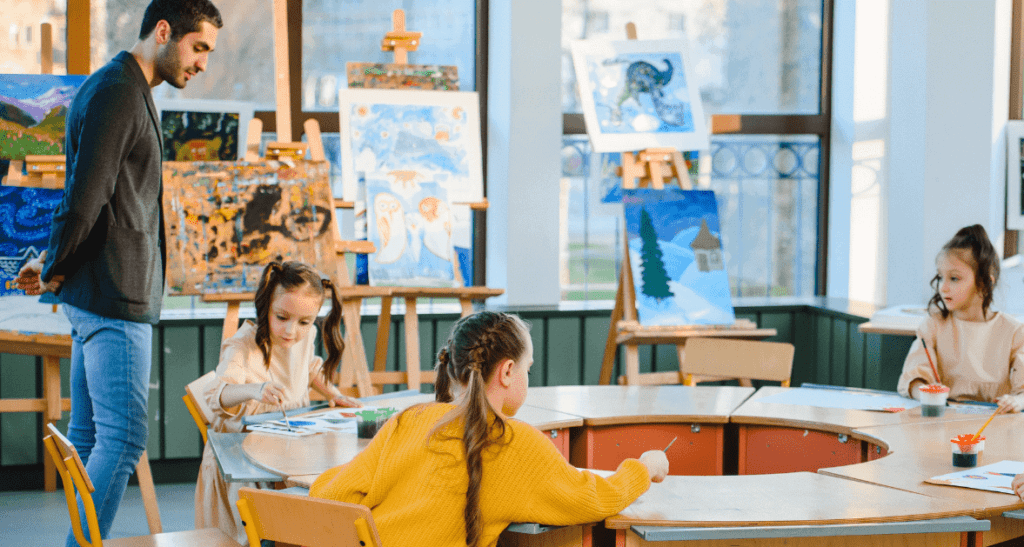
Social and emotional learning (SEL) continues to grow in popularity in school curriculums as a means to promote academic success and healthy development.
Life After the Pandemic: Creating Hope for our Students

With the shift to online learning, the pandemic has not only compromised academic progress for students but has also led to a lack of social-emotional support, especially for those students coming from underprivileged backgrounds.
The Importance of Parent-Teacher Collaboration in Supporting Early Childhood Learners
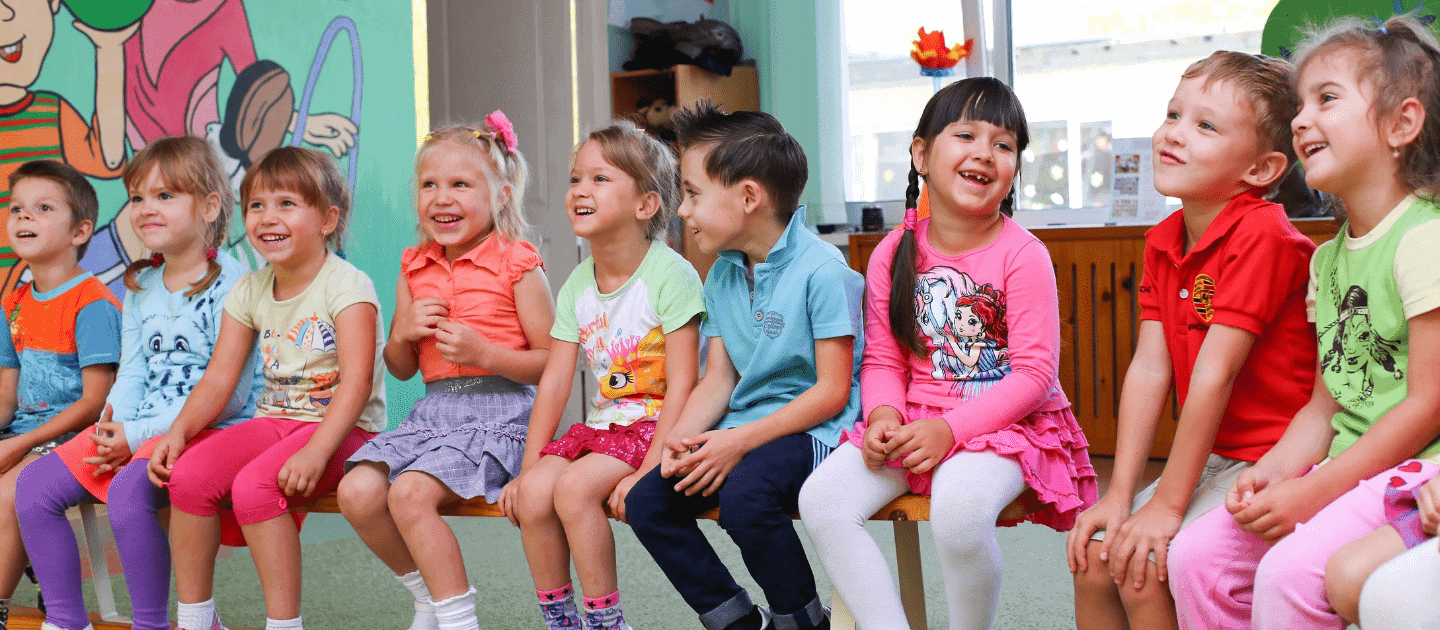
In order to support early childhood learners, parents and teachers have to work hand-in-hand to ensure that the child is receiving the care they need to be successful in school.
Teacher Self-Esteem and Self-Efficacy in Times of COVID-19

The importance of relationships, and in particular those in school settings, is a theme that has begun to come to the forefront in the past year due to the COVID-19 pandemic. Cataudella et al. (2021) from the University of Cagliari in Italy investigated how the pandemic has affected teachers’ self-esteem and self-efficacy while trying to maintain meaningful relationships with their students.
Direct Effects of COVID-19 on Education for Learners of All Ages
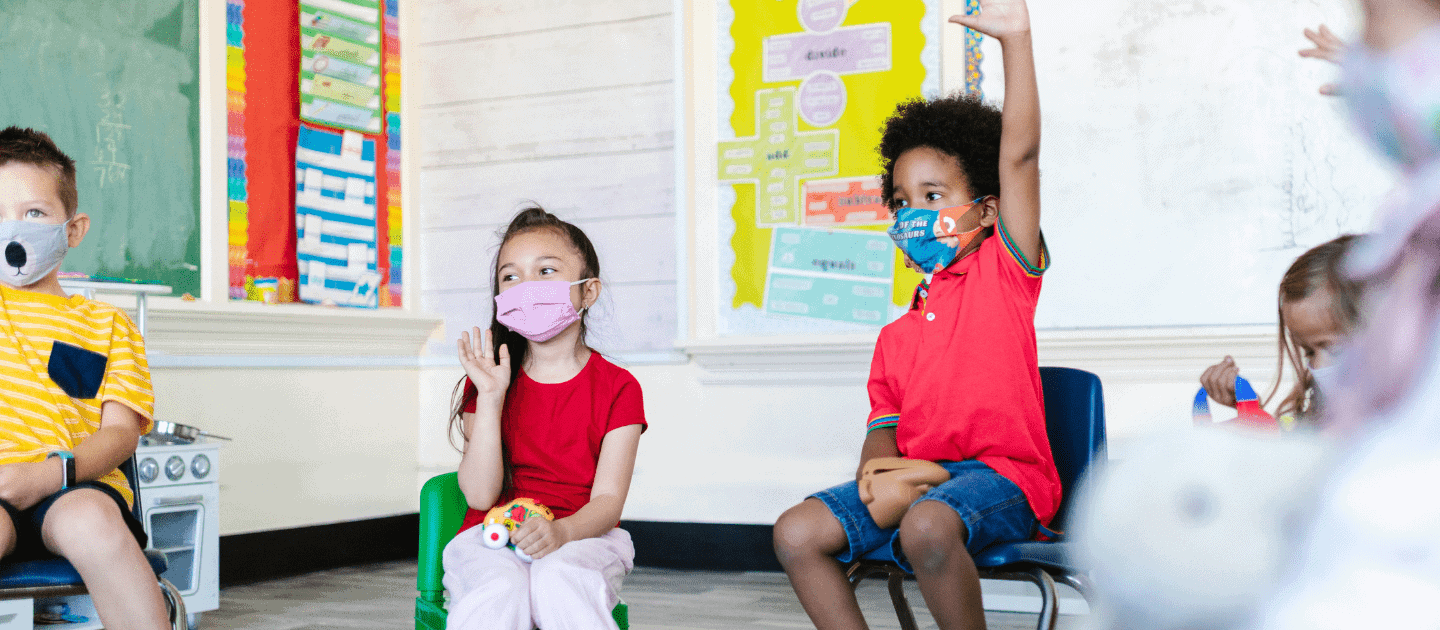
Though it is too soon to have a large bank of data of the outcomes of COVID-19 on education, researchers anticipate a widening of the existing educational gap for students from lower socioeconomic differences and children with learning differences.
How Did Sibling Relationships Fare During Lockdown When a Child Has Special Needs?

During the COVID-19 lockdown, there was a rise in sibling conflict in families where at least one child had moderate special educational needs and disabilities (SENDs).
The Relationship between Reading Disorders and Anxiety in Children
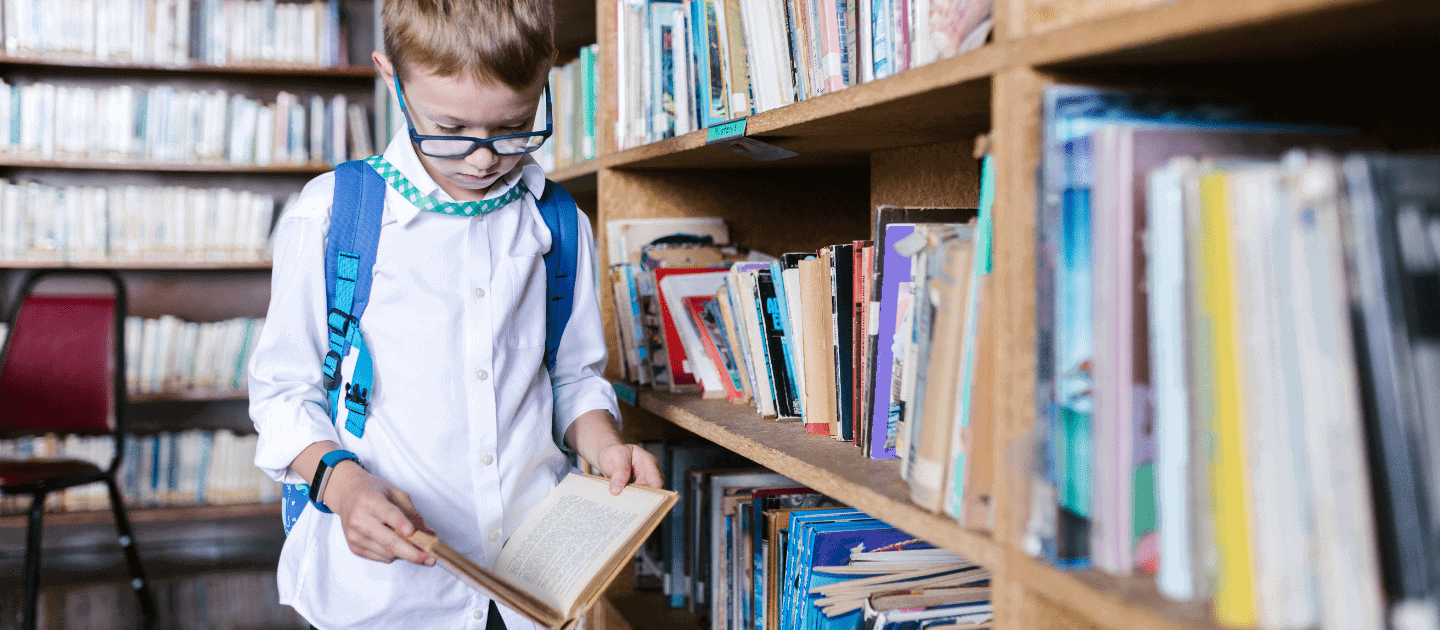
Children with reading disorder (RD) have an increased risk of anxiety disorders, the most common mental health disorder in children.
The Importance of Trusting Relationships for Students in Higher Education

Having regular pedagogical conversations with trusted peers or leaders can lead to a deeper understanding of their field of study, and in turn to the success of the academic program.
How inclusion through social participation paves the way for special needs students in mainstream schools.

This study suggested that inclusion requires more collaborative learning environments and student-centred pedagogy.
High-Leverage Social, Emotional and Behavioural Practices in Special Education
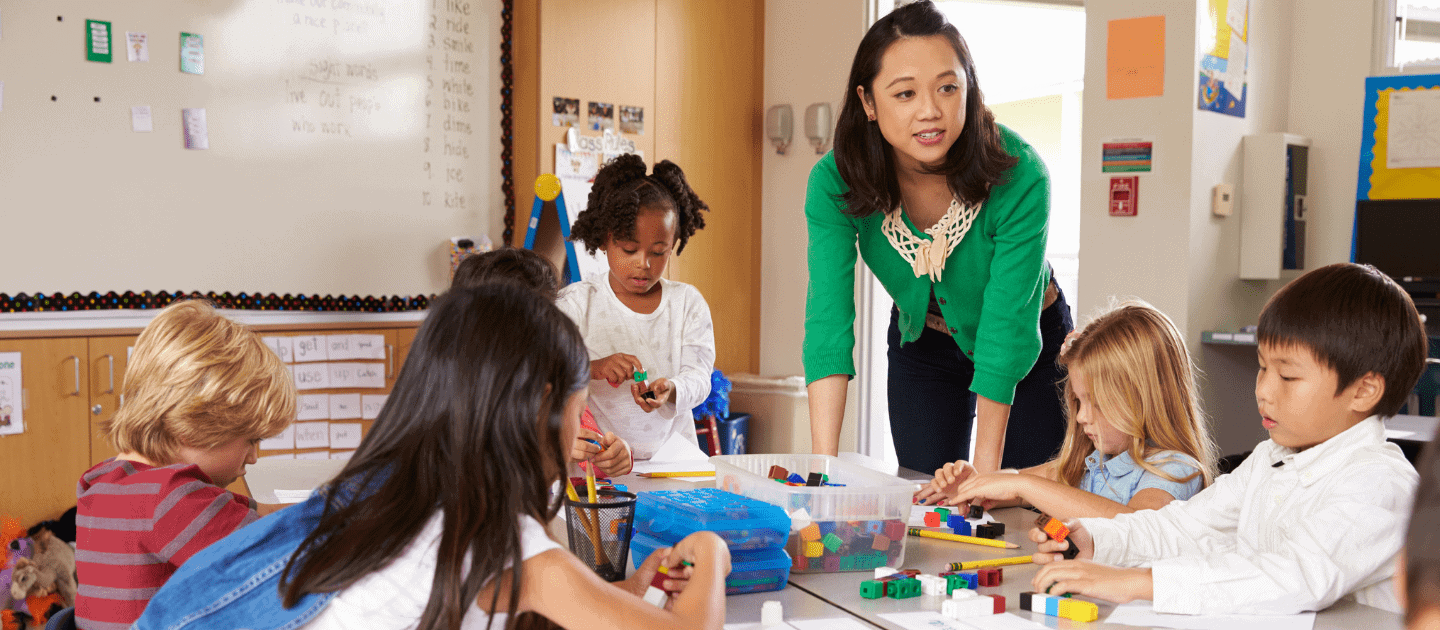
Social, emotional, and behavioural skills must be explicitly taught, just like academic skills, to create effective learning environments where all students can thrive both academically and socially.
